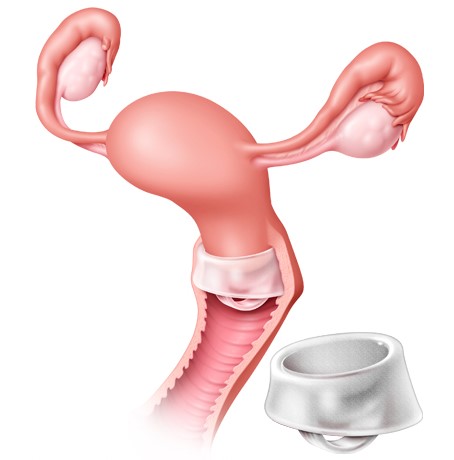Family planning is necessary to have well sized family. Consult to maintain proper intervals between births of child.
service
Family Planning Services
Copper T:
IUD is a very tiny T-shaped device made of copper coil inserted into the uterine cavity by a doctor or nurse and left there for certain period for the contraception purpose. It works by stopping the egg and sperm surviving in the Fallopian tubes. It can also prevent the fertilized egg implanting in the womb.
Injectable Contraceptive:
Injections containing hormone formulation are given periodically to women to prevent pregnancy.
Mechanism of action:
- blocks LH surge and therefore prevents ovulation
- thickens cervical mucus
- alters the endometrial receptivity for implantation
- suppression of FSH is not intense, thus allowing follicular growth sufficient to produce estrogen levels comparable to early follicular phase of a normal menstrual cycle
When to start injectable contraceptive:
- after excluding pregnancy, injectable contraceptives can be started at any time of the menstrual cycle, preferably within first 5 days of menstrual bleeding when no back-up method is needed. If given later in the cycle a back-up method like condoms or spermicide should be used for at least the next 48 hours.
- it can be started as early as 6 weeks after childbirth when the woman is fully or partially breast-feeding her baby. In non-lactating mothers it can be given immediately after childbirth or any time within 6 weeks without waiting for return of menses.
- after an abortion, it can be started immediately, or in the first 7 days, or any time later after excluding pregnancy.
- women discontinuing the use of other contraceptives can use injectables without any delay.


Contraindications:
- lactating mothers less than 6 weeks post-partum
- current or past history of breast cancer
- current or past history of ischaemic heart disease, severe hypertension, diabetes mellitus for than 20 years or associated with damage to vision, kidneys or nervous system.
- current deep vein thrombosis or pulmonary embolism
- active viral hepatitis, severe cirrhosis, benign or malignant liver tumors
Tubectomy (Tubal Sterilization, Female Sterilization)
Tubal Sterilization is a permanent method of contraception where the fallopian tubes are blocked so that the ova or eggs are prevented from traveling to the uterus from the ovary.
Tubectomy also referred to, as Tubal Sterilization is a surgical procedure done on women as a permanent method of contraception.
There are different surgical approaches for the tubal sterilization operations are:
- Abdominal for Tubal sterilization
- Laparoscopy for Tubal sterilization